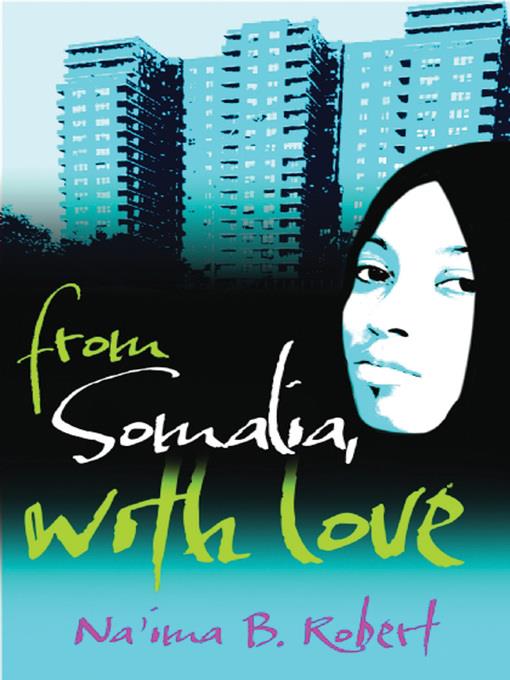
From Somalia with Love
فرمت کتاب
ebook
تاریخ انتشار
2010
Lexile Score
790
Reading Level
3-4
ناشر
Frances Lincolnشابک
9781907666063
کتاب های مرتبط
- اطلاعات
- نقد و بررسی
- دیدگاه کاربران
نقد و بررسی

July 1, 2009
Gr 6 Up-Safia has grown up believing her father died in the fighting in Somalia. When she finds out that he is alive and on his way to London to join the family, she is apprehensive about the difference his presence will make in her life. Though she is comfortable with her identity as a Muslim, she struggles with how her values differ from those of her rebellious brother and cousin. Her father is not prepared for his familys hybrid British-Somali culture, which causes a great deal of conflict. Safia must learn to cope with the new dynamics in her home and learn to love a father she has never known. At times, the authors intent of creating a window into Somali culture and the immigrant experience is a bit heavy-handed. The book does do a good job of showing the richness of Somali culture as something positive and separate from the war that has torn the country apart for decades. This is a unique title that will be popular in regions that have large Somali populations or where Randa Abdel-Fattahs books are popular. A glossary of Arabic and Somali words and phrases is included, but it is unclear from which language each one comes."Kristin Anderson, Columbus Metropolitan Library System, OH"
Copyright 2009 School Library Journal, LLC Used with permission.

July 1, 2009
Grades 7-10 Growing up in a Somali community in Londons East End, Safia, 14, wears the hijab and is proud of her Muslim roots. But after the father she has never known comes home from Somalia to his family, after being missing for 12 years, the family tensions rise, and Safia feels sad, angry, guilty, and jealous. No one talks about where her father has been, and readers will feel the same frustrations that Safia does about the unanswered questions. Still, Safias lively first-person narrative, rooted in her London community, is gripping, and her voice is genuine whether she is speaking about the local prejudice (All Muslims are terrorists) or debating if she should date, like her wild cousin. In one dramatic scenario, a family wedding brings together Safias mix of cultures. Safia writes poetry, and her spare lines form part of the story. What will hold readers most are the elemental questions about the meaning of home. Somali and Arabic words, used throughout the story, are defined in an appended glossary.(Reprinted with permission of Booklist, copyright 2009, American Library Association.)

























دیدگاه کاربران